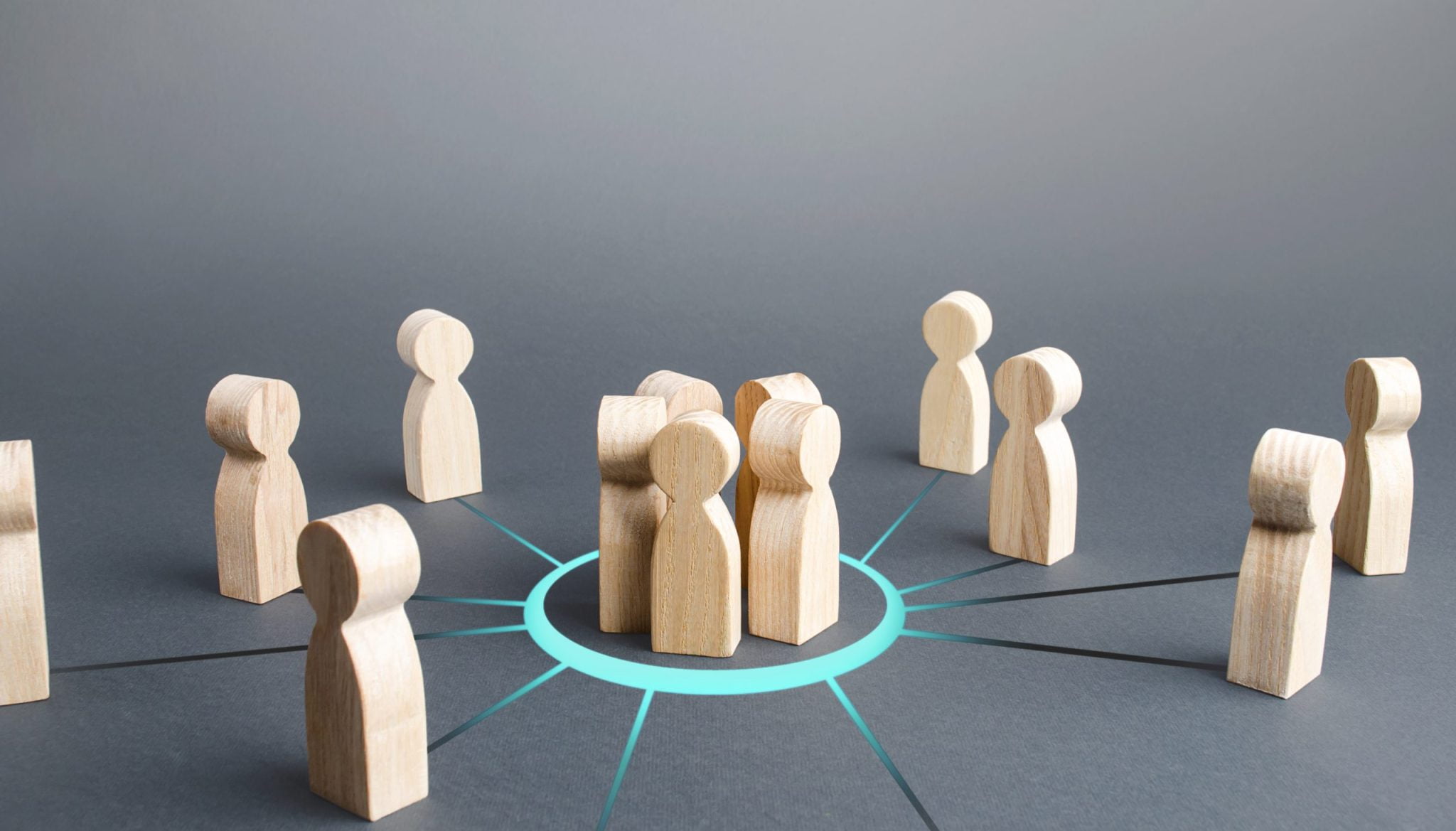Children and young people with TN
Trigeminal Neuralgia is a rare condition, affecting mainly people over 50. Whilst TN is rare in young adults and exceedingly rare in children, it raises several specific issues that hopefully these articles will address. The TNA UK can support parents and signpost them to specific help. Most of the information for adults with TN is relevant to children too.
Before diagnosis
Due to its rarity, getting a clear diagnosis can be difficult and time consuming. Facial pain in children is more likely to be caused by dental, ear, nose or throat problems than TN. It is also important to consider alternative pain conditions such as atypical migraine and other headache syndromes. Even if a diagnosis of TN is made then a provoking cause should be excluded. To be classical TN, the pain is almost always one-sided and is spasmodic with the possibility of periods of no pain.
Your GP or dentist should still be the first person to see to discuss the facial pain your child is having. The reason for visiting a dentist is that TN pain often mimics dental pain but, if no obvious dental cause is found, they may refer you to a maxillofacial surgeon. However, it would be preferable to return to or see your GP who can refer you to a paediatric neurologist* if they suspect TN. The most useful means to help the GP’s diagnosis would be a headache diary and/or listening carefully to the explanation of the symptoms given by the child or parent.
- Pain diary: a diary detailing the frequency, duration and character of your child’s pain can be really helpful. Even very young children may be able to tell you some characteristics of their pain, such as pinching, sharp, stabbing etc. they may also be able to draw on a picture of a face where the pain exactly is. Look out for and record any triggers; e.g., do you notice your child wincing or refusing to clean their teeth, do they hate going out in windy weather or having their hair brushed on one side.
To aid a diagnosis the following tests may be carried out. Not everyone will need every test. There is no test that will confirm a diagnosis of TN, it is a diagnosis made from the characteristics of the pain together with an examination and tests to exclude other conditions.
- Blood tests: A neurologist may ask for several different blood tests, looking for other causes of pain. Depending on the age of your child the tests will be done by a phlebotomist trained in taking blood from children and may use a local anaesthetic cream.
- EMG/ EEG: these are 2 forms of electrical studies. An EMG looks at nerves outside the brain, and EEG looks at electrical activity within the brain.
- Lumbar Puncture: this is rarely carried out, but sometimes may be done to exclude some rare pain conditions. Your child will have a local anaesthetic or sedation as required and it can be done as a day case.
After diagnosis
Medication.
There is no licensed medication for children with TN. The only drug licensed for TN in adults is carbamazepine, however, several other drugs used for TN in adults are not licensed for TN specifically but have been found to be helpful. Often a combination of medications is used at once.
Sometimes GPs are unwilling to prescribe medication for children that is not licensed, therefore you may need your consultant to start the medication and then discuss with your GP if they are willing to continue it. Please see the TNA UK leaflet “Treating TN with medication”.
Normal pain relief such as paracetamol, ibuprofen or even opioids do not work for TN.
Side effects can be more common in children as small dose adjustments can have bigger effects. Build up doses gradually following advice from your doctor or pharmacist. Some medications need monitoring in the form of blood tests. It is important that you follow these recommendations. Common side effects from TN medications are nausea, unsteadiness, drowsiness, poor concentration and confusion. These are important considerations for children when at school or when outside playing.
School.
School plays an important part of all childrens’ lives. Attending school with a chronic pain condition adds to the challenge and it is important to work with the school to ensure academic success and the wellbeing of your child. Even prior to diagnosis, find out what the school’s policy is on supporting pupils with medical conditions and explain to the appropriate member of staff what is going on. Discuss pain management and any techniques that can help with chronic pain. Develop a system so your child can leave a classroom and have a lie down in the medical room if necessary without a big issue being made. Older children can be given permission to use a staff microwave for heat pads or to carry medication with them rather than have in medical room etc. Discuss a mechanism for your child to get work that is missed. It is important to ensure your child is motivated to attend school when they are well and for the school to understand that they will be there if possible. Try to find a way that as little school as possible is missed – even if your child only goes in for an hour or two it is better than nothing. Also ensure the school are aware of any side effects of medication. If taking public exams, then discuss with the school regarding special arrangements such as taking the exam in a quieter room or having break times if needed. Sometimes just knowing that this is possible is enough to give your child confidence.
Wellbeing.
Living with a long-term pain condition can be very upsetting. Your child’s psychological wellbeing is important in learning to live with it and cope with the future. If your child is finding it hard to cope then you can ask for help via your GP, or some schools have access to counselling. There are also some online support services detailed at the end of this leaflet. Encourage your child to continue with their extracurricular activities and friendships. Even if they have missed school due to severe pain, allow them to take part in evening activities if feeling well enough. Ensure their friends are aware that they want to keep in touch and will join in when possible. Encourage physical activity, it is good for wellbeing and sometimes pain relief. Be aware of social media, the online support groups can be quite negative with lots of stories about failed treatment. I have listed one that is aimed specifically at young people and is more positive and motivational.
Chronic pain can be difficult to manage and to support your child through. Sometimes just a hug can help. Other things that can help are: distraction with movies, crafting, relaxation and meditation, hot water bottles or cold packs can also help some people. Sleep can be a real help.
Beyond medication.
For many children, medication may control their pain enough for them to live with their condition but for others this may not be the case. If medication is not working, then further options need to be looked at. Some paediatric neurologists and pain specialists will offer a trial of localized injections such as greater occipital nerve injections. There are surgical options available but before considering these, the neurologist may well refer your child for an MRI scan to determine if there is interference to the trigeminal nerve from a vein or artery.
- MRI: this is a brain scan and although it does not diagnose TN it can exclude secondary causes such as a tumour or multiple sclerosis. Depending on the age of your child this can be done under sedation or can be done with you in the room. Often in paediatric hospitals they can play music or films to help distract your child. They will often have an injection of dye during the scan as well so will need a line in a vein. Your child will need to lie still for quite a while – the machine is noisy but most children tolerate it very well, some even fall asleep.
Neurosurgeons at Great Ormond Street Hospital (GOSH) have recently carried out a successful MVD (microvascular decompression) in a paediatric patient in conjunction with a neurosurgeon at the National Hospital for Neurology and Neurosurgery in London. This is not brain surgery but intra-skull surgery.
Becoming an adult.
Letting go of your child and yet still caring for them as they become an adult can be a daunting time. A chronic condition adds to the stress. You need to allow your child to become an adult like their peers, but they need to be aware of some issues.
- Alcohol lessens the effectiveness of most TN medication and so discuss with them how they will cope with parties, peer pressure to drink more than a small amount.
- Driving: No-one will want to or be able to drive when having an attack but be aware that the effects of the drugs could also affect the ability to drive safely.
- Contraception is not something many parents wish to think about, but it is important to discuss as medication can affect the efficacy of contraceptive pills.
- Pregnancy: It has been found that women who take some of these drugs during pregnancy may be at greater risk of having problems with the pregnancy, the birth or their baby may have problems. On our website, see Fact Sheet 6 in the Members’ area for more information.
- Confidentiality: Your child is allowed medical confidentiality for some issues from well before they are an adult in your eyes. From the age of 16 no one should discuss their care with you without your child’s consent and they will need to consent themselves for any surgical or invasive procedures. Most paediatric units will start transitioning care to adult services from the age of 16. For TN many units will not see anyone until they are 18, so careful arrangements need to be made to ensure you are not discharged from one service prior to being eligible for the adult service.
Looking after yourself
Caring for a child with a chronic condition is hard, it is stressful and time consuming. Look after yourself as well as your child. See your GP or local wellbeing service if you need support. Explain to your workplace what is going on and the need for hospital appointments etc.
Dr Clare Dyer
GP and parent of a child with TN
*Which neurologist to see? Currently there is no pathway for the management of TN in children. However, Dr Prabhakhar at Great Ormond Street Hospital (GOSH) is developing a such a pathway in conjunction with the adult TN service at the Royal National Ear, Nose, Throat and Dental Hospitals (formerly the Eastman Dental Hospital).
Useful resources specifically for parents and children
https://www.kooth.com/ online counselling and support for children and young adults.
The Trigeminal Neuralgia Association UK holds Learning days, Workshops and Conferences in various parts of the country to which adult members and carers are very welcome to attend. These are excellent opportunities to meet like-minded people as well as having direct interaction with healthcare professionals. The TNA UK website www.tna.org.uk is packed full of useful information for members, carers and professionals and includes a Forum where members can ask questions, offer support and pass on tips. This is a monitored site so that any erroneous comments or quack remedies such as occur on some social media sites can be corrected or eliminated.
www.carersuk.org Caring is such an important part of life. It’s simply part of being human. Carers are holding families together, enabling loved ones to get the most out of life, making an enormous contribution to society and saving the economy billions of pounds.
Yet many of us are stretched to the limit – juggling care with work and family life, or even struggling with poor health ourselves. We often find it difficult to make ends meet if we’re unable to work or if we’ve reduced our working hours to care.
Every day 6,000 people become carers. Many don’t know how or where to get help. It can be frightening and very lonely.
For some it’s sudden: someone you love is taken ill or has an accident, your child is born with a disability. For others, caring creeps up unnoticed: your parents can’t manage on their own any longer, your partner’s health gets gradually worse.
Looking after someone can be tough, but you’re not on your own. Carers UK is here to listen, to give you expert information and advice that’s tailored to your situation, to champion your rights and support you in finding new ways to manage at home, at work, or wherever you are.
https://www.facebook.com/tnaypc/ this is the young persons group of the TNA, American facial pain association. It is for anyone diagnosed under 40. It is better for young people than most Facebook groups as a lot more positive and encouraging, rather than negative stories. They run an annual awareness day with a video etc. If you post on there stating you are a parent to a child with TN then you may get invited into the closed group that is only for parents. Most of these parents are in the USA but some from UK and a number have had surgery.
Coming soon: GOSH have filmed a new video for their headache and facial pain service that will be available soon.
If you are unlucky enough to have TN but perhaps lucky enough to have young children, it is often difficult for them to understand why sometimes you react differently towards them.
Children will inevitably experience pain as they grow up – whether it’s a bruised knee, a cut finger, a blister from touching something hot or, regrettably, a broken bone. They may also see you experiencing a similar fate and, depending upon the child’s age, either sympathise with or ignore your suffering. However, the discomfort from these incidents is generally acute pain and it will disappear after a period of time. Explaining long-term pain, known as chronic pain, is a different matter.
There is an unconscious expectation from children that their parents are invincible and always available when needed. One of the problems with TN is its unpredictability, so that sometimes you may be able to do everything you want to in nurturing your child and at other times may be severely restricted in those activities. This could lead to confusion in your child’s mind as to why you don’t always respond in the same way all the time.
Wherever and whenever possible, your child should be involved in understanding what is happening to you. With regard to pain, it might be helpful to show your child a picture of a face and point out where it hurts. Perhaps have two faces – one happy and one sad – and show your child which is today’s face by touching the relevant picture. Perhaps you could even use emojis. Explaining about the side-effects of medication is perhaps more difficult for them to understand.
Below are some suggestions as to how you might broach the subject of your TN:
- I have an illness but you can’t see it. It’s not like a cold or flu, it’s inside of my body.
- Sometimes I can’t do things with you because my body doesn’t feel good.
- Some days I feel better, some days I need you to be gentle with me and let me rest.
- I love spending time with you, but some days I just can’t do all the things you want to. We can still spend time together; we just have to do things differently.
- I have to take medicine to help my body feel better. Whilst it’s doing me good, the medicine can sometimes make me forgetful.
However and whatever you do or say by way of explanation, your child will need reassurance that you will always be there for them. Depending upon their reaction, you may need to consider telling them that it’s nobody’s fault and they can’t catch this illness from you.




